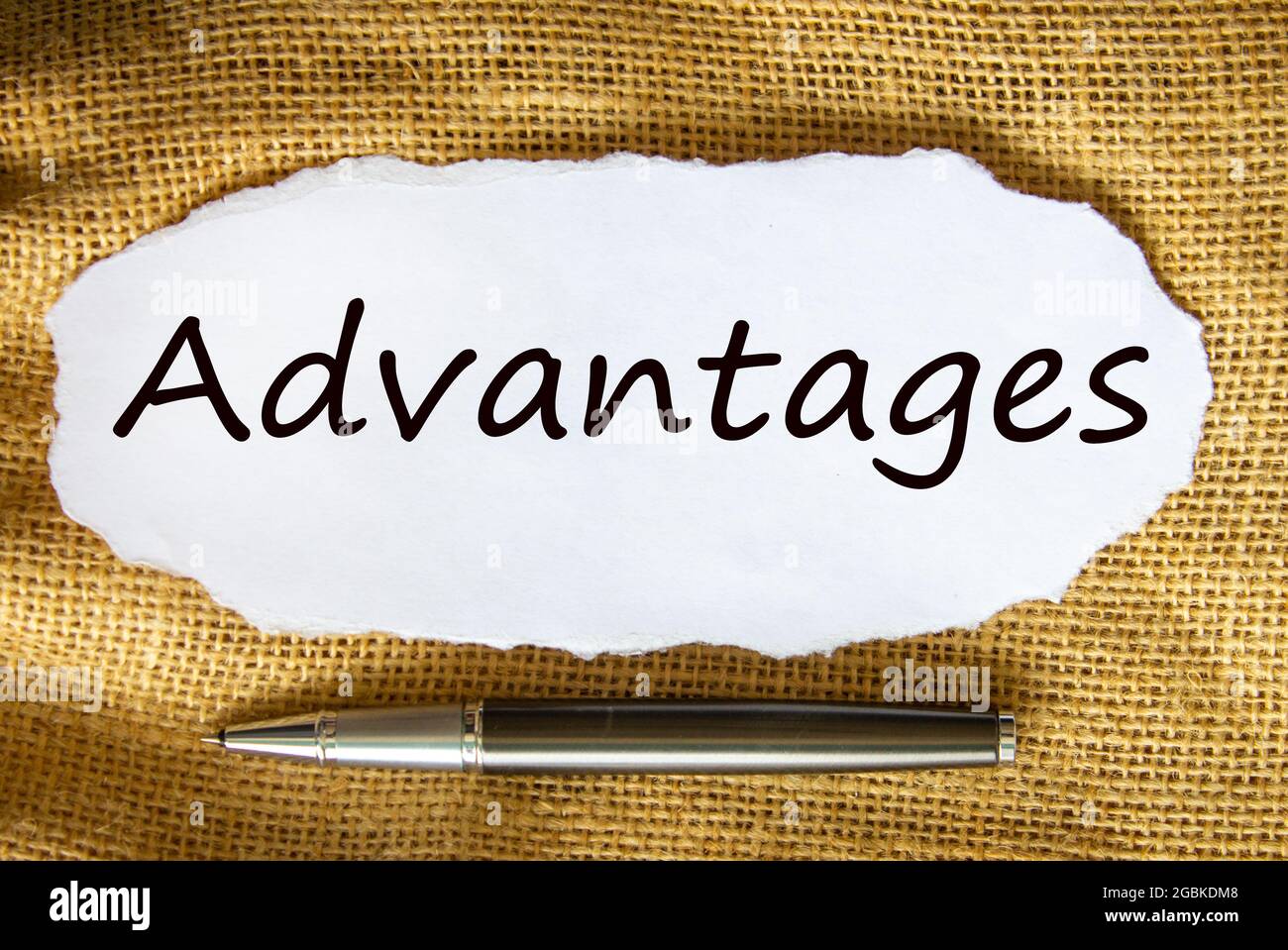
Meditation has emerged as a vital practice for individual well-being, providing numerous advantages from alleviating stress to boosting mindfulness. As you begin your meditation path, you might encounter queries regarding the specifics of the practice: Which technique resonates with you? What duration should your meditation sessions have? And crucially, how should you handle your breathing? One often disregarded yet significant factor of meditation is the consideration, “Should I meditate with my eyes open or closed?”
Every approach offers distinct benefits and drawbacks, impacting the overall meditation experience. Grasping the effects of your selection can significantly improve your practice.
**Meditating with Eyes Closed:**
Pros:
1. **Improved Concentration**: Closing your eyes removes visual distractions, potentially intensifying focus and assisting in delving into your inner thoughts and feelings.
2. **Greater Relaxation**: The lack of visual input may facilitate a deeper relaxation response, perfect for those seeking stress relief or who find external settings overly stimulating.
3. **Increased Inner Awareness**: By blocking out external visuals, you can nurture an elevated awareness of bodily sensations and internal states, enriching practices centered on deep self-reflection.
Cons:
1. **Drowsiness**: Some people may experience sleepiness or even drift into light sleep while meditating with their eyes closed, especially if they are already exhausted.
2. **Disconnection from Environment**: While beneficial for focusing inward, it might lessen your awareness of the current moment and your surroundings.
**Meditating with Eyes Open:**
Pros:
1. **Enhanced Alertness**: Keeping your eyes open may help sustain alertness and awakeness, crucial for enduring longer meditation periods without unintentionally dozing off.
2. **Awareness of the Present Moment**: An open-eyed practice can ground you in the present, facilitating mindfulness that includes awareness of your environment.
3. **Flexibility**: Particularly advantageous in busy environments or when informal meditation situations arise, such as during commutes or waiting in queues.
Cons:
1. **Potential Distractions**: Open eyes might encounter distractions, possibly interrupting concentration and focus, especially in visually busy spaces.
2. **Shallow Meditation**: It can be difficult to achieve deep levels of introspection or meditation depth with visual distractions present.
**Determining What Suits You Best:**
Ultimately, whether to meditate with your eyes open or closed is based on personal inclination, meditation objectives, and environmental factors. It may be beneficial to try both methods:
– **Begin with Eyes Closed**: For novices aiming at relaxation and inner discovery, start with your eyes closed in a calm environment.
– **Transition to Eyes Open**: As you feel more at ease, incorporate sessions with your eyes open to encourage mindfulness and adaptability, especially in lively settings.
Consciously choosing whether to meditate with your eyes open or closed can enrich your practice and cultivate a more rewarding meditation journey. Consider your goals and explore both options to find what aligns best with your quest for mindfulness and self-awareness.